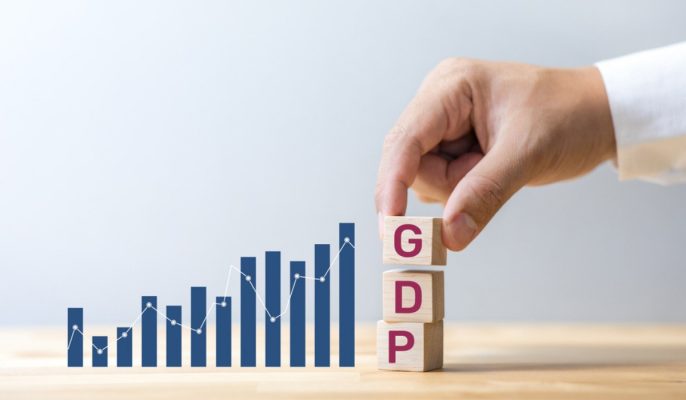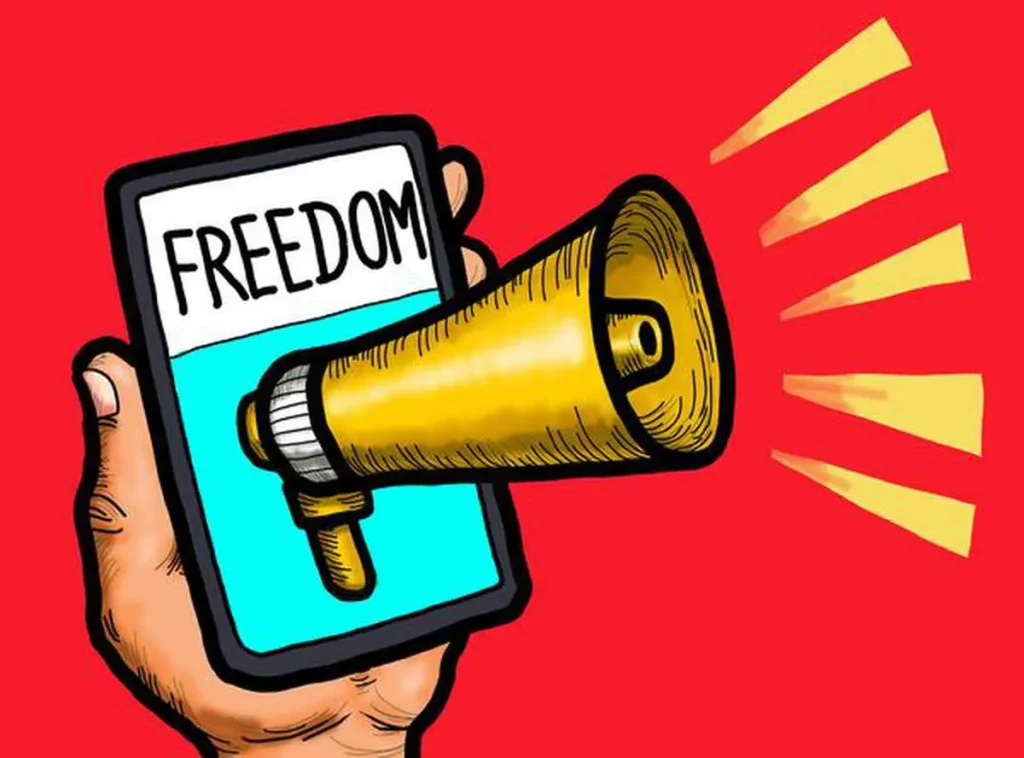Since the technology was invented, a few innovations have had as profound an impact as the internet. Once started as a military communication network, today it has grown into a colossal global web, interconnecting billions and fundamentally reshaping every facet of our lives. This transformation has ushered in an era of digital freedom, revolutionizing how we communicate, learn, work, and entertain ourselves. But what exactly does this freedom entail, and how has it impacted society?
The Democratization of Information
One of the most significant impacts of the internet is the democratization of information. In the pre-digital era, access to knowledge was often limited to those who had the means and privilege to acquire it. Libraries, institutions, and media outlets were the gatekeepers of information. With arrival of the internet, with a few clicks, anyone can access a wealth of information virtually. This unprecedented access has empowered individuals, fostering a more informed and educated society.
The Rise of Digital Activism
The internet has also become a powerful tool for activism and social change. Digital platforms have given a voice to the marginalized and oppressed, enabling them to organize, mobilize, and advocate for their rights on a global scale. Movements like #MeToo, Black Lives Matter, and the Arab Spring have demonstrated the internet’s capacity to amplify voices and drive significant social change. Through social media, online petitions, and crowdfunding, individuals can now participate in activism in ways that were previously unimaginable.
Economic Transformation
The internet has redefined the global economy, creating new opportunities and challenges. E-commerce has revolutionized the way we shop, enabling consumers to purchase goods and services from anywhere in the world. Companies like Amazon, Flipkart, Alibaba, and eBay have become household names, driving a shift from brick-and-mortar stores to online marketplaces. Additionally, the gig economy, powered by platforms like Uber, Ola, Airbnb, and Fiverr, has restructured traditional employment, offering flexible work opportunities to millions.

However, this digital economy also brings challenges. The rise of automation and artificial intelligence threatens traditional jobs, while the gig economy raises questions about job security and workers’ rights. Moreover, the digital divide remains a critical issue, with significant disparities in internet access and digital literacy between different regions and socioeconomic groups.
Education in the Digital Age
The impact of the Internet on education has been transformative. Online learning platforms like Byjus, Khan Academy, and edX have made quality education accessible to millions, regardless of geographical location or financial status. The COVID-19 pandemic further accelerated this shift, with schools and universities worldwide adopting online learning models. This digital revolution in education has not only expanded access but also introduced new, innovative ways of teaching and learning, from interactive simulations to virtual reality experiences.
The Social Fabric
The internet has also reshaped our social interactions. Social media platforms like Facebook, Twitter, and Instagram have become integral to our daily lives, altering how we connect with friends, family, and the wider world. While these platforms have fostered greater connectivity, they have also introduced new social dynamics. The phenomenon of “virtual communities” has emerged, where individuals with shared interests can connect and interact, transcending physical boundaries.
However, this new social fabric comes with its own set of challenges. The spread of misinformation, cyberbullying, and the erosion of privacy are significant concerns. The addictive nature of social media and its impact on mental health, particularly among young people, is an ongoing issue that society must address.
The Future of Digital Freedom
As we look to the future, the concept of digital freedom will continue to evolve. Advances in technologies like artificial intelligence, blockchain, and the Internet of Things (IoT) promise to further transform our digital landscape. Ensuring that this evolution benefits all of society requires a collective effort to address the challenges and harness the opportunities that the internet presents.
Governments, businesses, and civil society must work together to promote digital literacy, protect privacy, and bridge the digital divide. Ethical considerations and regulations will be crucial in navigating the complexities of the digital age, ensuring that the internet remains a force for good.



3 Comments
Meu irmão sugeriu que eu pudesse gostar deste site Ele estava totalmente certo Este post realmente fez o meu dia Você não pode imaginar quanto tempo eu gastei com esta informação Obrigado
Thanks I have just been looking for information about this subject for a long time and yours is the best Ive discovered till now However what in regards to the bottom line Are you certain in regards to the supply
The degree to which I admire your work is as substantial as your own enthusiasm. Your visual presentation is refined, and the material you’ve written is stylish. However, you seem apprehensive about potentially delivering something that may be viewed as questionable. I’m confident you’ll be able to address this issue promptly.